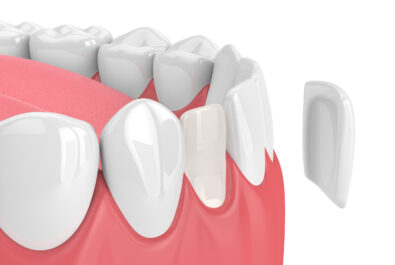“Wisdom teeth” is the common, informal name for your third set of permanent molars, and they are often associated with a number of dental health complications. As the last teeth to erupt, wisdom teeth do not typically become problematic until early adulthood, and for some patients, the molars may never cause any trouble at all.
The problem with wisdom teeth is that they do not always grow correctly, becoming impacted by molars that are already there and causing sometimes-severe dental discomfort, and more. If you’re wondering when you should start worrying about wisdom teeth, then speak with your dentist as soon as possible to determine if you should consider extracting them.
When Do Wisdom Teeth Appear?
People develop wisdom teeth at different ages, but typically, they appear between the ages of 17 and 25 (a period of time once known as “the age of wisdom,” hence the name, “wisdom teeth”). Some patients may not realize that their wisdom teeth have developed, while others may feel discomfort early in their development. The best way to pinpoint exactly when your wisdom teeth come in is to maintain a schedule of routine examinations, during which your dentist will thoroughly inspect your teeth and oral tissues for changes.
Are All Wisdom Teeth Troublesome?
Not all wisdom teeth become impacted, however. Some patients can live their entire lives with their third molars fully-erupted and intact, without experiencing pain or damage in surrounding teeth. Still, patients who do not have wisdom tooth trouble may still opt to remove them to avoid potential issues in the future. Your dentist will consult with you to determine if wisdom tooth extraction is appropriate for you.













